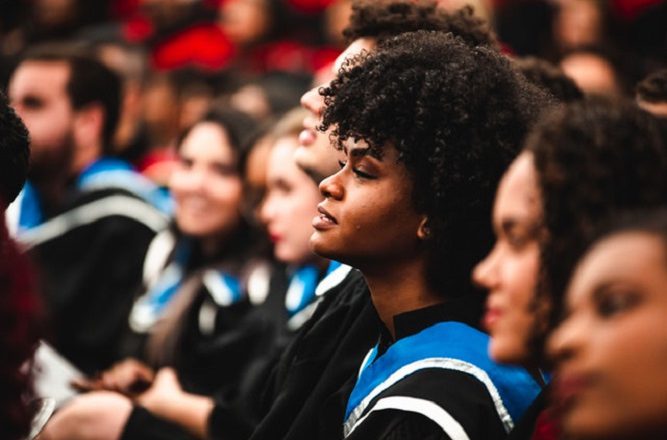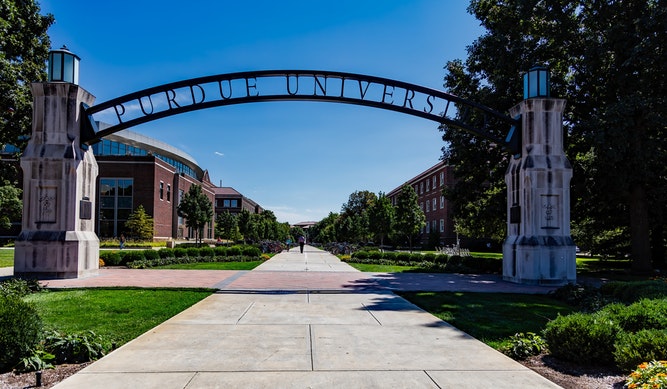Cryptocurrency Is Changing The Way Colleges Do Business With Students And Donors
Until about 2020, universities used cryptocurrencies only to pay ransoms to criminals attacking their networks. A fast payment to criminals helped victim universities restore their networks quickly.
With increasing public adoption of cryptocurrencies, especially among young consumers, universities are exploring them, too. As of early 2022, 20% of U.S. consumers had used cryptocurrencies. According to an April 2022 report, 28% of 13- to 39-year-olds had purchased at least one type of cryptocurrency. Among consumers in this age group, 13% had purchased and 38% were interested in a particular offshoot of cryptocurrencies called non-fungible tokens.
Cryptocurrencies have lost market value from a peak of about US$3 trillion in November 2021 to $804 billion in November 2022. And their uses are...






